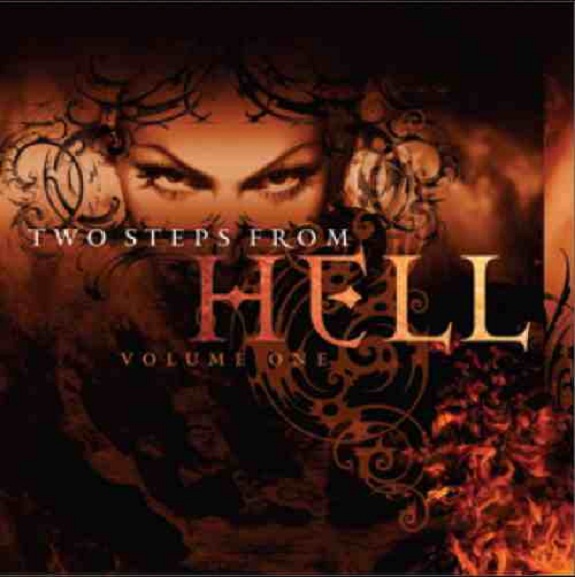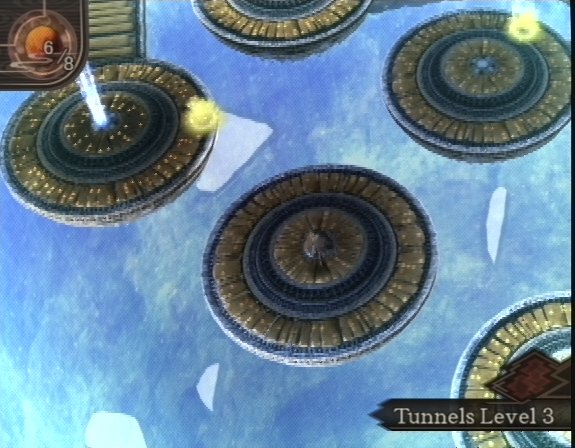

Taylor Swift: “the last great american dynasty” When it finally detonates and a seeming cast of thousands join in to shout “The end is here!” we come to understand her apocalypse as one frightening and cathartic in equal measure.

As the song builds, despair is tempered by a burst of energy that hints at survival. She has a rare ability to connect the fragmented images passing by the window to what she feels inside: She shows us funnel clouds dropping from the sky, a slaughterhouse, and a shopping mall, and turns each into a signpost for her own confusion. It’s something like Phoebe Bridgers’ version of Neil Young’s “After the Gold Rush,” in which fear and bombed-out desolation are buoyed by an undercurrent of defiance. One moment the Punisher closer is a hushed acoustic ballad, the next it’s a swelling mid-tempo strummer, and then it explodes into an orchestral fanfare, and each section has its own emotional arc. “I Know the End” packs an album’s worth of ideas into five minutes and 45 seconds. Take direction at your own risk, but nobody can doubt their commitment. El-P’s production reins in his usual glitchy energy of a in favor of near-military restraint as he memorializes Eric Garner, and Killer Mike casually advocates for the murder of our corporate overlords. Enter Pharrell, reciting a mantra about the circular clutches of modern capitalism in the laconic tone he once used to brag about his Gandalf hat enter Zack de la Rocha, erstwhile Rage Against the Machine frontman, incendiary and conspiratorial about wanting to rip those systems apart. As with all must-see serialized dramas, the guest stars are just as impressive as the main cast. Like any superhero team-up or buddy comedy, the formula for an RTJ song is carved in stone by now: Killer Mike the swaggering priest and El-P sardonic philosopher, threatening R-rated violence and revolutionary action over sounds rescued from hip-hop’s golden era and retrofitted for pre-pandemic festival stages. But in a year like this one, it breaks your heart. Heard at any time in the four decades since its making, “Echos” would be touching.

Listening to “Echos” is as poignant as stumbling upon a roadside shrine of flowers, candles, and photos, but Ferreyra goes beyond creating a memorial to Mercedes: She defies death itself and resurrects her niece as an aural apparition.

At other points, the melted murmurs and shimmered syllables feel soothing and psalm-like, as though the girl’s ghost is mourning herself. In places, the young woman’s voice flickers and trembles with playful delight, sounding impossibly alive. Recorded in 1978 but released for the first time this year, the piece is woven entirely from the voice of Ferreyra’s niece Mercedes Cornu, who died in a car accident prior to its composition. Argentine composer Beatriz Ferreyra is renowned for the disorienting spatiality and shape-shifting abstraction of her electronic and tape-based work, but it’s the human scale and raw intimacy of “Echos” that startle.


 0 kommentar(er)
0 kommentar(er)
